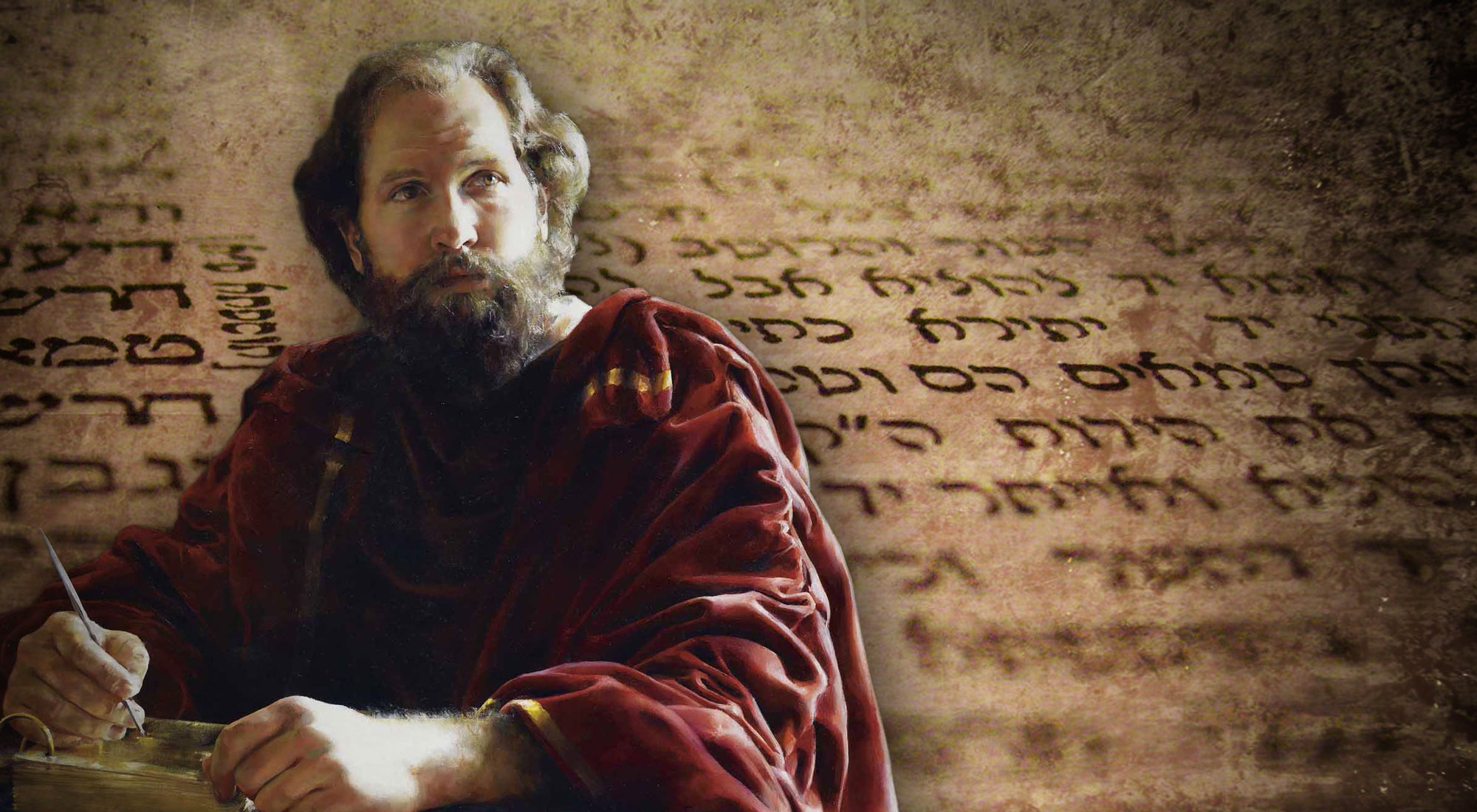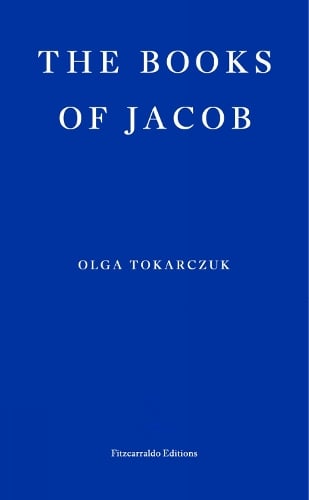

In her 2007 novel Flights (which appeared in English in 2017 and won the International Booker Prize in 2018 the same year she was awarded the Nobel Prize for Literature), Tokarczuk’s unnamed narrator is a wanderer. Her fiction chronicles border crossings, cultural change, redemption, exile and the line between reality and mythology. She is interested in difficult states of transition, from life to death, country to country, language to language, religion to religion. Yente’s in-between condition is a typical preoccupation of Tokarczuk’s. The Polish author has, half-jokingly, described Yente as a “fourth-person” narrator who “can see beyond the text and can even see the author of the text herself”. “Yente sees all,” Olga Tokarczuk tells us in the prologue to her encyclopaedic latest novel, which mixes history with invention.

While her body crystallises in a cave, Yente’s panoptic spirit hovers over the real and bloody history of the Jews and Christians in eastern Europe, homing in on a cult led by her grandson, the notorious “false messiah” of 18th-century Poland, Jacob Frank. The spell fuses with her body, halting the process of dying, fixing her forever in an “almost dead” caesura. Only when she is alone, Yente swallows the paper. He places it around Yente’s neck, hoping it will extend her life until the festivities are over. Fearing the wedding will be ruined, Rabbi Shorr produces an amulet inside of which is written a Kabbalist charm, hamtana (“waiting” in Hebrew). An old woman called Yente has travelled to Rohaytn for the celebration, but once there falls gravely ill.


It’s 1752 and a wedding is about to take place at the home of Rabbi Elisha Shorr in the remote town of Rohatyn in the eastern part of the Polish-Lithuanian Commonwealth. T he Books of Jacob opens with a miracle.


 0 kommentar(er)
0 kommentar(er)
